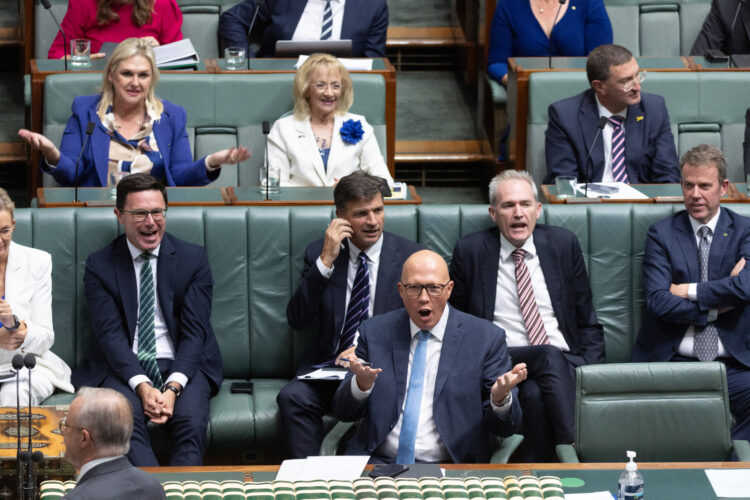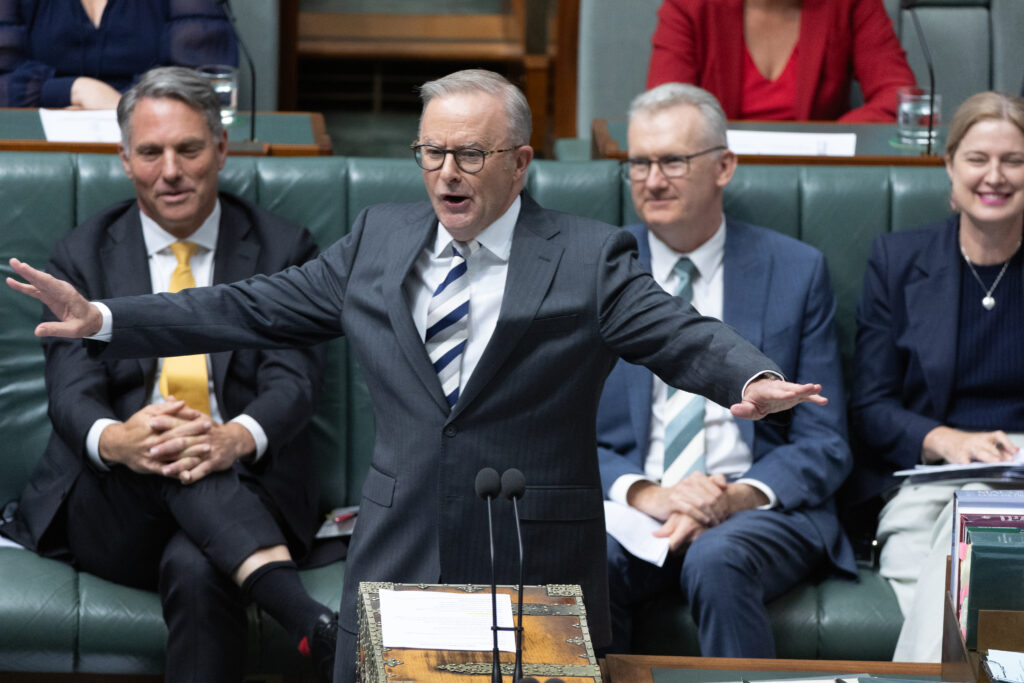The changes to industrial relations show that bold policy delivers good outcomes.
The Albanese government has often – and rightly – been criticised for lacking policy boldness in areas such as climate change and the need to address inequality and poverty through measures such as increasing Jobseeker. But with regards to industrial relations, the government has shown that bold policy is not just possible, but also successful.
Prior to the election in 2022, enterprise bargaining was on life support. Over a decade of efforts by business groups had led to a record low share of 14.8% of employees being covered by enterprise bargaining agreements (EBAs). Enterprise agreements have long been disliked by companies and business groups because, as a general rule, they deliver better wage growth because they enable workers to combine their bargaining power – often and most effectively through representation by a union.
In 2023, the government introduced changes to workplace relations laws which strengthened the ability of workers to bargain in enterprise agreements and also to ensure more workers can be covered by such agreements. One significant policy reform was the introduction of the ability for multi-employer agreements to cover low-paid employees who often have little individual bargaining power.
The latest figures from the Department of Employment and Workplace Relations show that there has been a very strong increase in the number of workers covered by EBAs – up to 21.3%. This is the first time more than 20% of workers have been covered by EBAs since June 2020.
But the even better story is that wage growth is also improving. The average annual wage growth of all workers covered by EBAs is now 4.8%. This is admittedly an abnormal spike in wage growth given the approval of a new multi-employer agreement for 91,000 workers in early childhood education and care (ECEC) in the last quarter of 2024. This wage increase was greatly required to assist some of the lowest-paid workers doing vital work in the ECEC sector.
The average wage growth on newly approved EBAs in the private sector was 4.0% – a level that has been relatively consistent for over a year. This suggests that changes to IR laws are not leading to an unsustainable surge in wage growth but, instead, sustained and steady higher wage growth.
The changes to IR laws have not caused a wage-price spiral. Indeed, since the changes, inflation has come down. But they have led to better wages for workers – especially the lowest paid and those who would otherwise have had little ability to negotiate for better wages.
Bold policy works. and the IR changes should be an example to follow.


